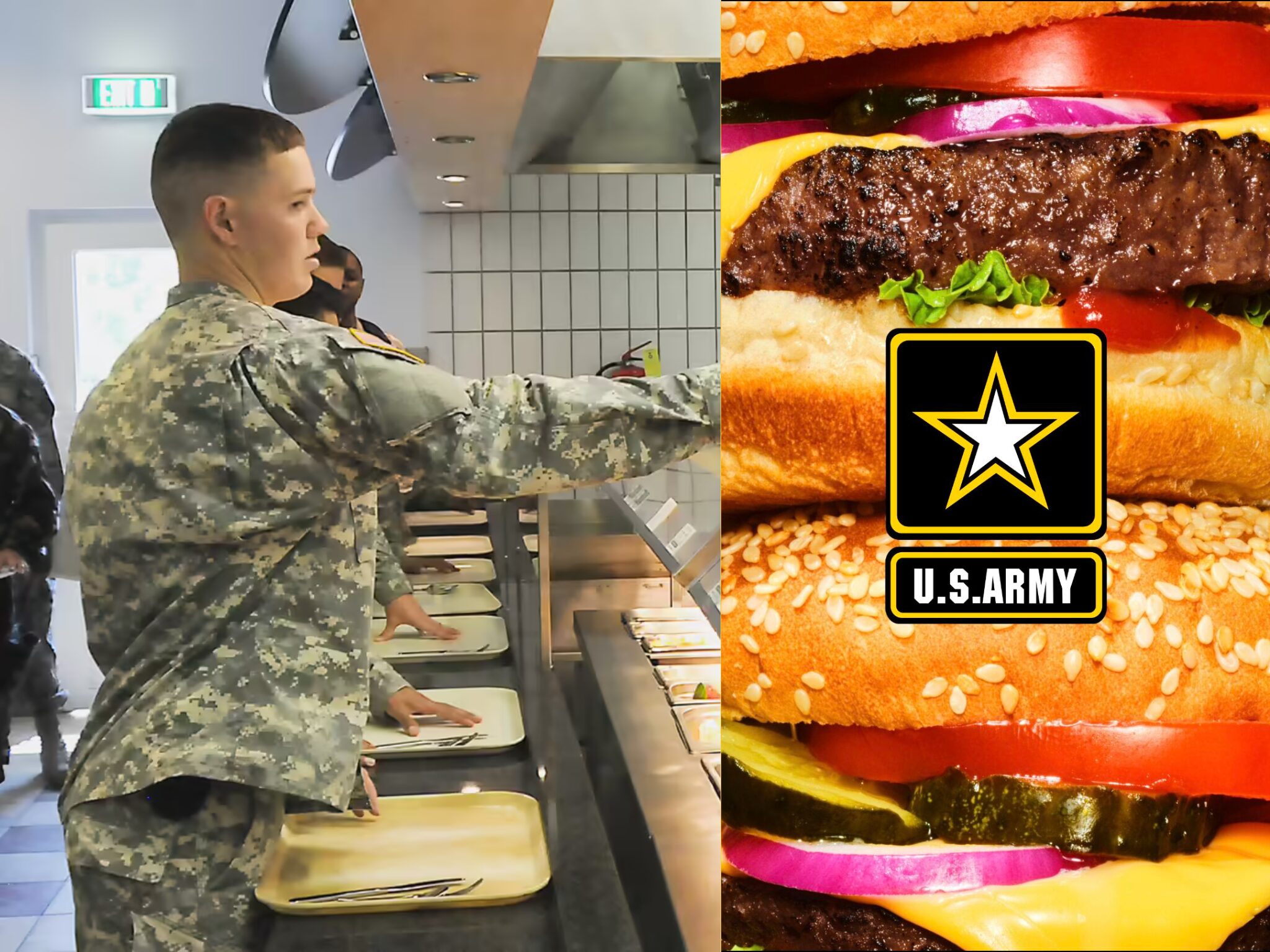Mission Impossible: Alt-Meat Giant Now Serves the US Army, Marking a New Avenue for Plant-Based Food
7 Mins Read
Military culture has always been a dominant driver of our food and cooking habits – by partnering with the US Army, can Impossible Foods bring about a new dawn for plant-based meat?
Today, Spam is a cult-favourite meat product in many parts of the world. It’s had some journey: it began as a military staple during World War II, created as a tasty, portable protein-rich food in lieu of hard-to-deliver fresh meat. That shot the inexpensive pork and ham blend to global popularity, with can sales eventually surpassing eight billion across six continents.
Spam was also looked down upon by the chef world for decades – but recently, they have embraced the product and come up with new ways to cook it. This re-evolution has travelled via social media, particularly YouTube and TikTok, putting Spam on the radar of both culinary enthusiasts and those previously indifferent to it. It’s a successful food product if there ever was one – and it all began with the military. Plant-based meat is undergoing a similar bout of confidence with the mainstream, as traditionalists look to keep it out and consumers question its prices and grapple with a mainstream media filled with “overprocessed” narratives.
If Spam’s journey is any indication, people will look past the processing eventually (especially if prices come down further) and take to meat analogues if authoritative and influential figures promote them. And that’s exactly what Impossible Foods’ partnership with the US Army could bring about.
The Californian company’s plant-based meats have already been available to troops in various food operations for the past few years, including at the Walter Reed Medical Center in Maryland. But its latest move – which the team says was three years in the making – marks the first time it’s working directly with the US Army Central, which coordinates foodservice at the army-wide level, to serve Impossible products in various dining facilities overseas in the coming weeks.
“Our troops in North Africa, the Persian Gulf, the Middle East, and Southwest Asia will be able to enjoy our nutrient-dense and delicious Impossible Beef and Impossible Burgers that provide high-quality protein, fibre, and iron, with no cholesterol,” Impossible Foods CEO Peter McGuinness said on LinkedIn. “This is a very proud moment for our team and company, and such an incredible win to start the year.”
Speaking to Green Queen, the brand’s foodservice sales VP Erin Reynolds added: “It’s a real honour to bring Impossible to our troops overseas. Our work with the US Army Central has been years in the making, and this is a major milestone for us as a brand and as a category.”
How the military has influenced food culture
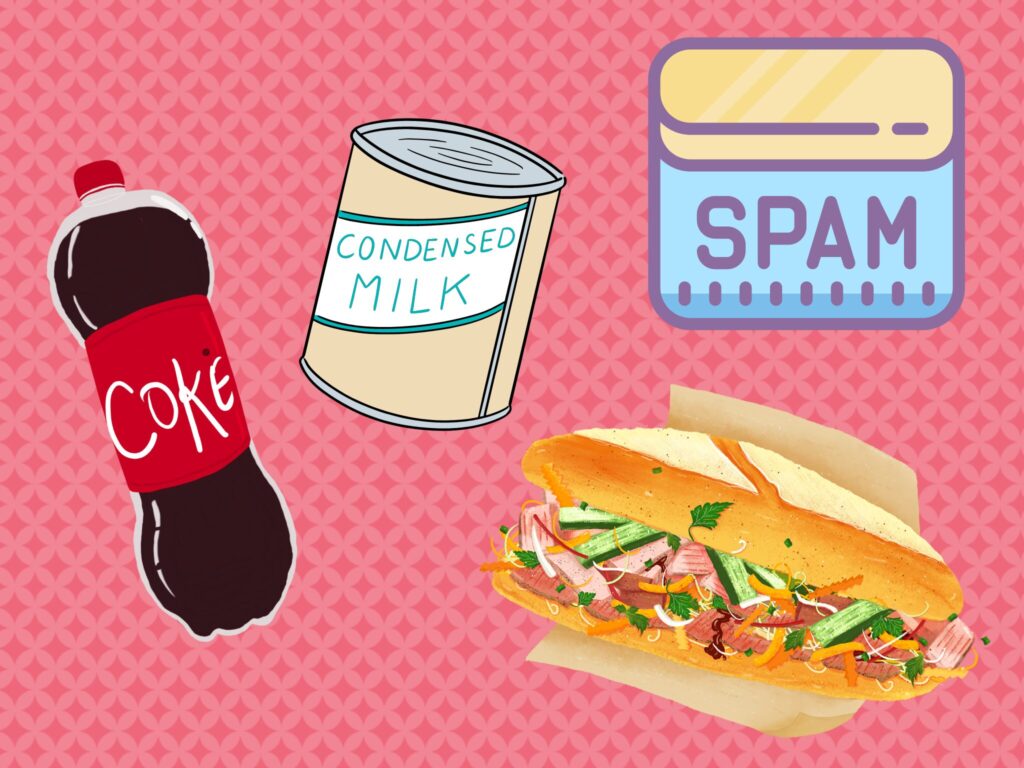
Impossible Foods will be hoping to be the new-age Spam with its US Army partnership. After all, the military has long been one of the most influential drivers of food culture globally.
It’s not just spam – bánh mìs, condensed milk, British curry, and even Coca-Cola are all staples because of wars and the military. For instance, condensed milk was developed during the American Civil War, using a vacuum operator to kill the bacteria in fresh milk and prevent contamination. And in 1941, Coca-Cola president Robert Woodruff promised that “every man in uniform gets a bottle of Coca-Cola for five cents, wherever he is and whatever it costs the company”, which led to the company’s proliferation in Europe and beyond.
It’s not just food either – many cooking and processing methods today are a direct result of technology developed by or for the military. Canned food was first invented to provide sustenance to troops, but its preservation and affordability led to it being popular with the masses. And the device initially designed for canning food, the pressure cooker, itself evolved into a household appliance. Similarly, microwaves exist because of World War II radar technology too. There’s also freeze drying, which was created to preserve medical supplies during the Korean war.
Even how food gets to you today is thanks in part to military applications of GPS technology which enables efficient tracking and transportation of ingredients, reduces waste and improves the freshness of produce. There’s a precedent for meat-free meals like Impossible Foods’ products can contribute to too: during World War II, rationing in Britain popularised dishes like mock goose (made from potatoes and sausages – though sometimes pork sausage was involved) and Woolton pie (a pastry filled with a mix of vegetables).
There are no vegan MREs in the US army
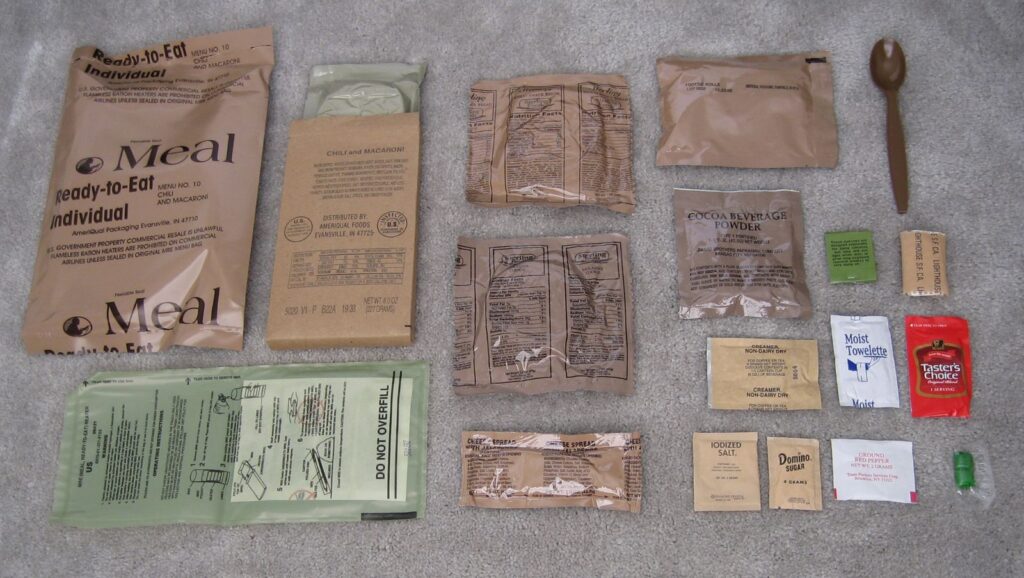
Veganism in the military has been a topic that has taken more prominence in the last couple of years, thanks to the passing of the 2023 National Defense Authorization Act by the US House of Representatives in July 2022. One of the act’s requirements is that the Defense Logistics Agency (DLA) produce a report on plant-based Meals, Ready-to-Eat (MREs), which are dehydrated field rations for troops in the US.
The act asked the DLA to conduct a study determining the demand for vegan MREs among troops by September 2023, with results expected to include cost and feasibility analysis to produce at least two plant-based MREs, service member demand, and an implementation plan.
The details aren’t out yet, but David Accetta, a public affairs professional at DEVCOM, told the Military Times last year: “The services submit statements of need to the Combat Feeding Research and Engineering Program each year, which are used to drive innovation and research, development, test and evaluation efforts to modernise field feeding capabilities. After development, all new operational ration components are warfighter-tested and approved before being transitioned to DLA for procurement.”
MREs have historically been meat-heavy, with vegetarian meals only appearing in 1986. The current menu of 24 dishes also only contains four meatless options, all of which are some form of pasta: vegetarian taco pasta, macaroni and tomato sauce, cheese tortellini, and spinach, mushroom and cream fettuccine.
There are financial incentives attached to this, according to one vegan Navy officer, who told the Guardian in 2019 that many of the military’s decisions are linked to industries subsidised by the government, such as dairy and meat. In the US, livestock farming receives 800 times more public funding than alternative proteins like plant-based analogues.
How many US soldiers are vegan?
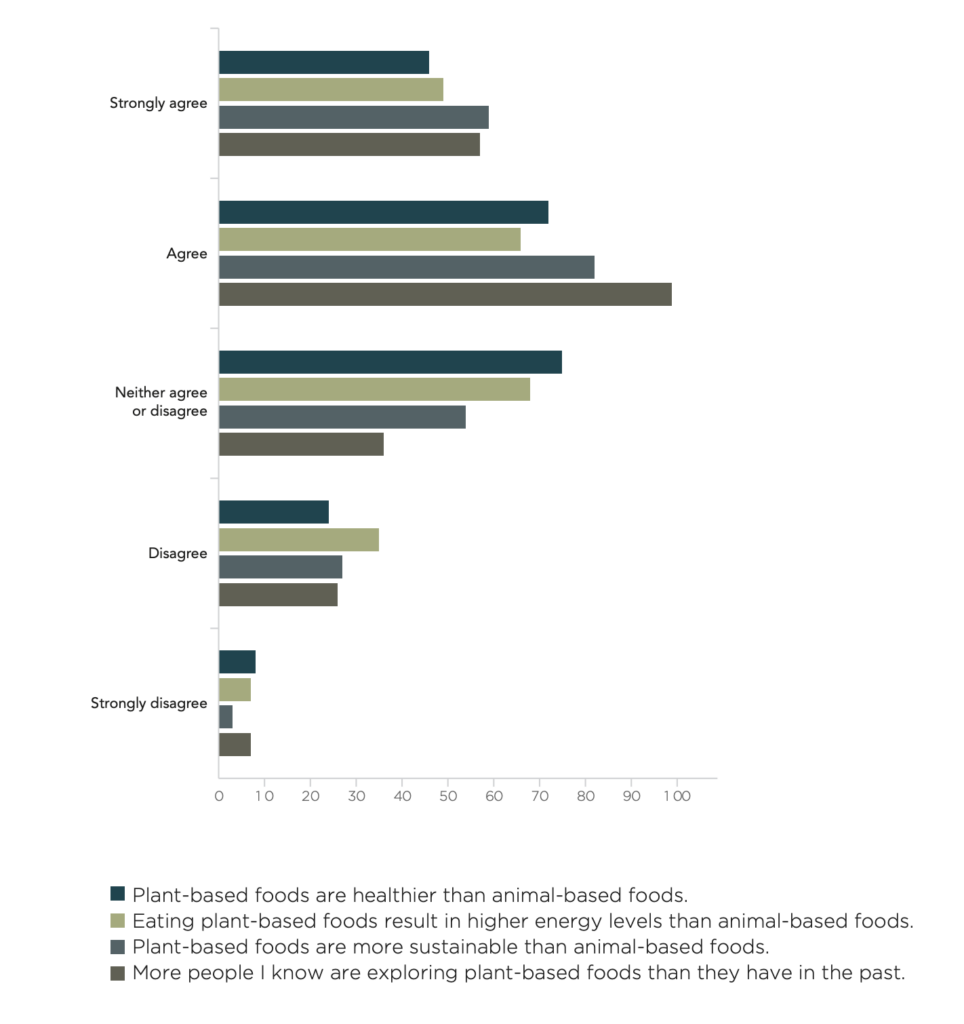
“There may have been a vegetarian entree that was also vegan. To date, there has been no military service requirement for vegan MREs,” the DLA told the Guardian. But in January 2022, Mercy for Animals surveyed 226 American military personnel, finding that 3.5% are vegan. More tellingly, a total of 42% either didn’t eat meat, were flexitarian, or trying to decrease their consumption of animal products.
Likewise, 70% of the respondents said they choose climate-friendly food options if available, and 63% recognised that plant-based foods are more sustainable than their animal-derived counterparts. Many felt vegan food is healthier (52%) and provides more energy (51%) too, while two-thirds have noticed more people exploring this diet.
In terms of MREs, 81% would pick climate-friendly meals, and the same number of people feel the military should provide plant-based MREs. This is reflected by the fact that 63% would choose vegan over meat-based ready meals. It is unclear if Impossible Foods’ meat analogues will become part of a potential plant-based MRE, but there’s hope that the footprint of vegan foods will grow in the military.
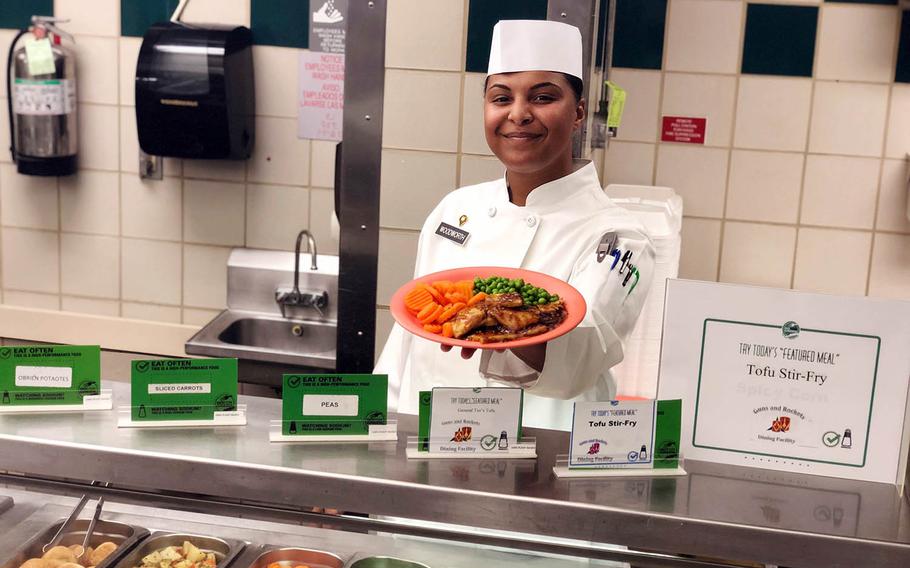
In 2019, one vegan soldier successfully campaigned to include a plant-based main at every meal in a US Army dining facility. While there are no clear numbers for military personnel following a plant-based diet, the US could take inspiration from Israel, where over 10,000 soldiers are vegan, and organisations like Vegan Friendly arrange plant-based meals for soldiers with dietary restrictions.
“Now troops around the world, from the Middle East to the Philippines, have access to delicious, nutrient-dense meat from plants,” said Impossible Foods’ Reynolds. “That’s thousands of meals every day that can now be made with Impossible plant-based beef.”
So far, it’s been impossible to get much vegan food if you’re in the military – now, Impossible’s vegan food is serving up a solution.


